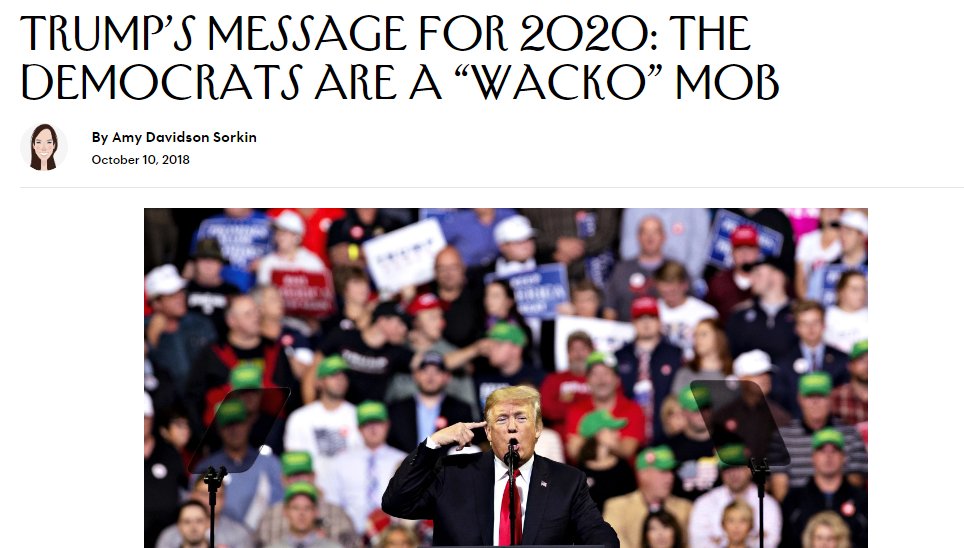Excited to share a paper by @awilson_WLU, Matthew Feinberg and I in Current Opinion in Behavioral Sciences! “Political Polarization” is used frequently in public discourse, but the term can be broken down and its consequences examined. https://bit.ly/3lKMi3e ">https://bit.ly/3lKMi3e&q...
Affective Polarization is how much we dislike & distrust political opponents; this has been rising since the 70s. 60 yrs ago, political affiliation wasn’t a deal breaker for marriage. But by 2010, 49% of Repubs and 33% of Dems opposed cross-party unions. https://bit.ly/3gT60Gr ">https://bit.ly/3gT60Gr&q...
Ideological Polarization is how divided parties are on policy. Although there’s clear evidence that politicians are becoming more divided, it’s less clear that the average citizen is as well – voters across the aisle may agree on more than we realize https://wapo.st/32Up2Hv ">https://wapo.st/32Up2Hv&q...
There’s also a third kind of polarization that refers to how much partisans overestimate the difference between themselves and their opponents. This perceived gap is called False Polarization.
We’re more likely to overestimate the percentage of our opponents who have extreme and egregious attitudes (Like “Most Dems think all police are bad people”) than the percentage who have more moderate attitudes (like “Most Dems support healthcare”). Why might this be?
We argue that both the increasingly outspoken divisiveness (and uncivil campaigning) from political elites, and the increased coverage of outrage-inducing incidents in the media selectively shape partisans’ perceptions of their political opponents.
It is particularly important, considering the current media storm surrounding the upcoming election, to understand how the speeches and statements made by political elites can feed a cycle of polarization. Messages are widely shared, shaping perceptions of party members.
The messages from elites may give average partisans false impressions of who their political opponents are, feeding false polarization about what most people across the aisle actually stand for.
This may then fuel dislike/ distrust, which could, over time, contribute to real increases in ideological polarization. Animosity toward opponents may be a powerful source of own-group loyalty that could lead people to justify even very bad ideas in their own party.
While our conceptions of our opponents may be miscalibrated, this isn’t necessarily a call for centrism/ compromise. We shouldn’t excuse egregious behaviors/ ideas, but identify the problems and their prevalence more accurately; correct diagnosis precedes effective solutions.

 Read on Twitter
Read on Twitter


